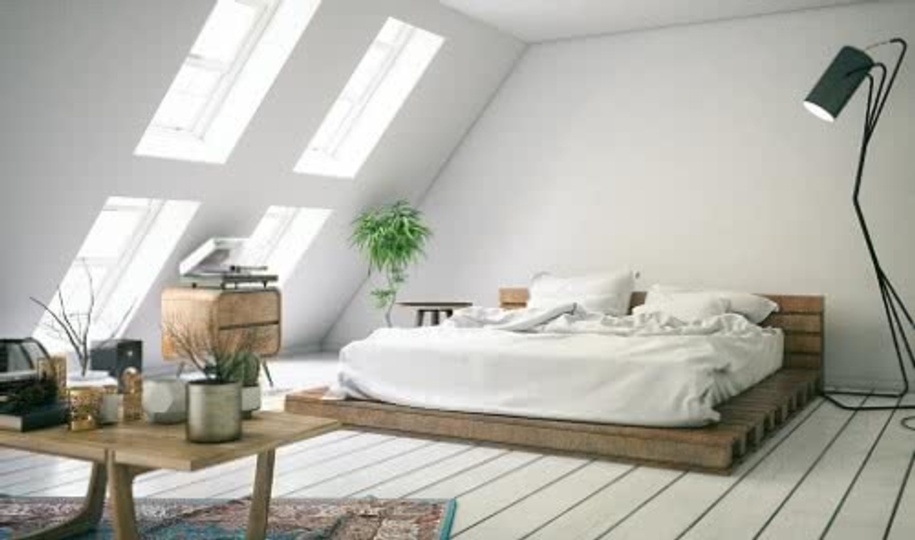
Learn about the incredible journey that your mind and body takes while you sleep, and how this can support your concentration, memory and more.
Busy, busy, busy — in today’s world, everyone’s busier than ever. But there’s one thing we’re not spending enough time doing: sleep!
Sleep has become low on the priority list for many of us. And this can mean we’re getting less sleep in total, and poorer quality sleep. In Australia, 33-45% of adults don’t sleep well. Are you one of them?
Just like eating well and exercising, sleep is incredibly important for your health. You need good sleep, and enough of it, to help keep you physically and mentally well. In fact, studies have shown that sleep can affect us in many more ways than you might imagine.
Your brain relies on sleep for all sorts of things. Good sleep can help support your concentration and memory, so you can do things with more ease like solving problems, or remembering things. It’s even thought that it may affect your mood. We still have a lot to learn about exactly how sleep affects our brain function, but it’s clear that sleep can affect the way our brain cells connect with one another.
While we’re asleep, our bodies are actually hard at work. Sleep-time is when our bodies have a chance to do some DIY – it’s the time for your body to repair and restore itself, and help get you ready for the next day.
But the value of sleep isn’t just short term. Good sleep is also thought to help keep us well in many other long lasting ways.
Every night of sleep is an amazing and complex journey. It is normally made up of 4–6 cycles that last about 90 minutes each. And within each of these sleep cycles, there are 5 sleep stages. Together, these cycles and stages are referred to as sleep architecture.
You begin each sleep cycle by progressing from stage 1 sleep to stage 4 sleep — going from light sleep (when you are just drifting off) to deep sleep (when your eye movements and breathing slow down). Think of these stages as the more restful and peaceful parts of your sleep.
Then things change dramatically — you enter a stage called REM (rapid eye movement) sleep. This is when your brain becomes very active — you can have vivid dreams that you might later recall, your eyes move rapidly, your brain becomes active, and you can wake more easily. REM sleep is hard work for your brain, and much less restful feeling for you than the other sleep stages, but it’s thought to be important for brain function like storing memories.
Usually quite a few different factors make us sleepy and help us get to sleep. First, our bodies begin to crave sleep when we haven’t slept for some time — just like we crave food after a period of not eating. Second, physical and mental relaxation promotes sleepiness.
Last but not least, our 24-hour body clock (referred to as circadian rhythm) keeps us wanting to fall asleep at a similar time each day. This clock runs itself to some extent, with hormones such as melatonin and various brain signals such as adenosine. It can be influenced by light exposure, and even may be influenced by foods eaten close to bedtime. You probably know that a glass of milk can make you sleepy, but did you know that bananas, figs and peanuts can also maybe help you get to sleep?
Most adults need about 8 hours of sleep each night. But children and teenagers need more sleep. So everyone’s sleep needs are different and change throughout life.
Healthy sleep habits, also known as sleep hygiene, can lead to healthier sleep. To help you sleep easy, here are some simple things that you can try.
Meditation is a great way to wind down from a busy day and get set for bed
Listening to a relaxing natural soundscape, such as a recording from a rainforest, can be very soothing and helpful for getting to sleep